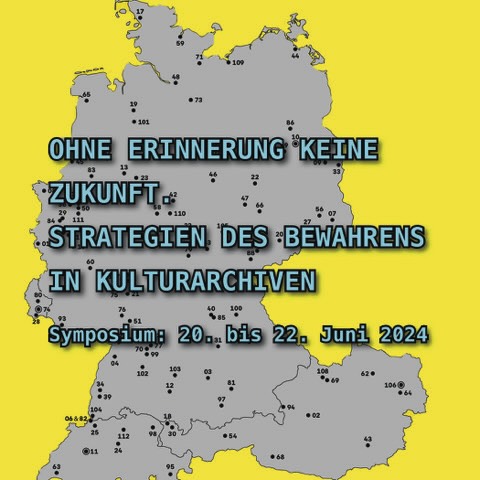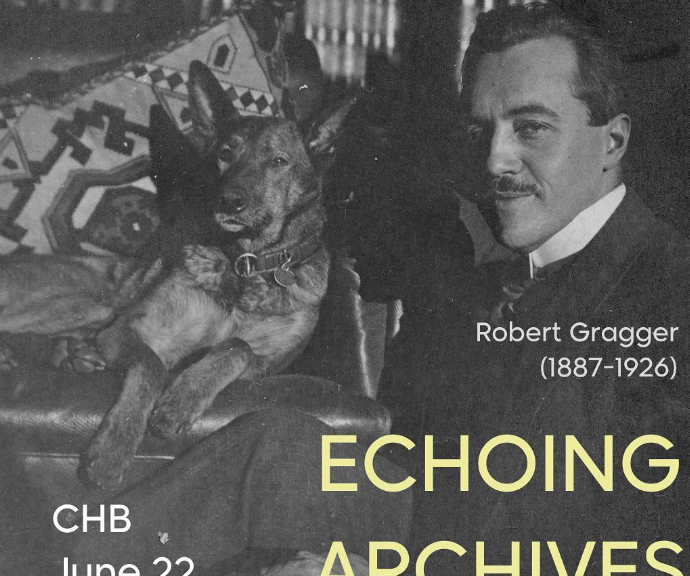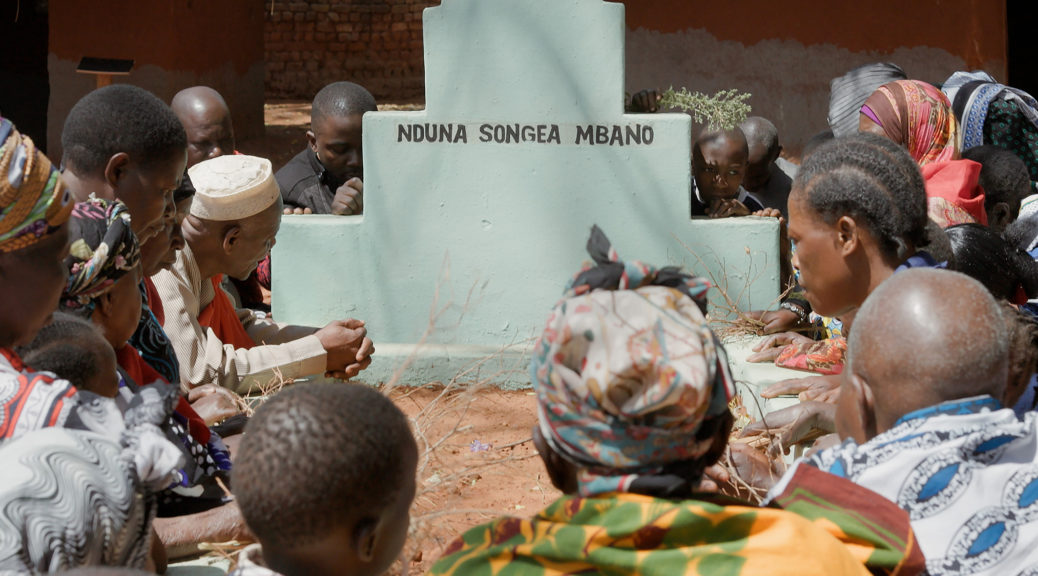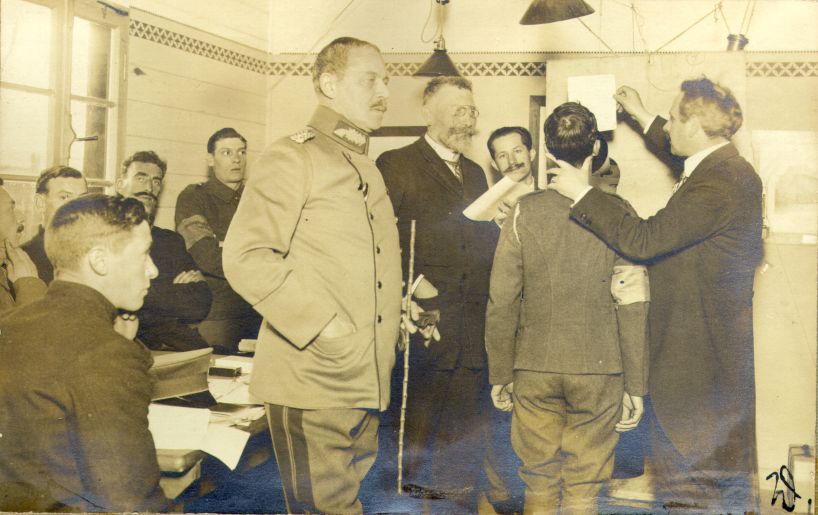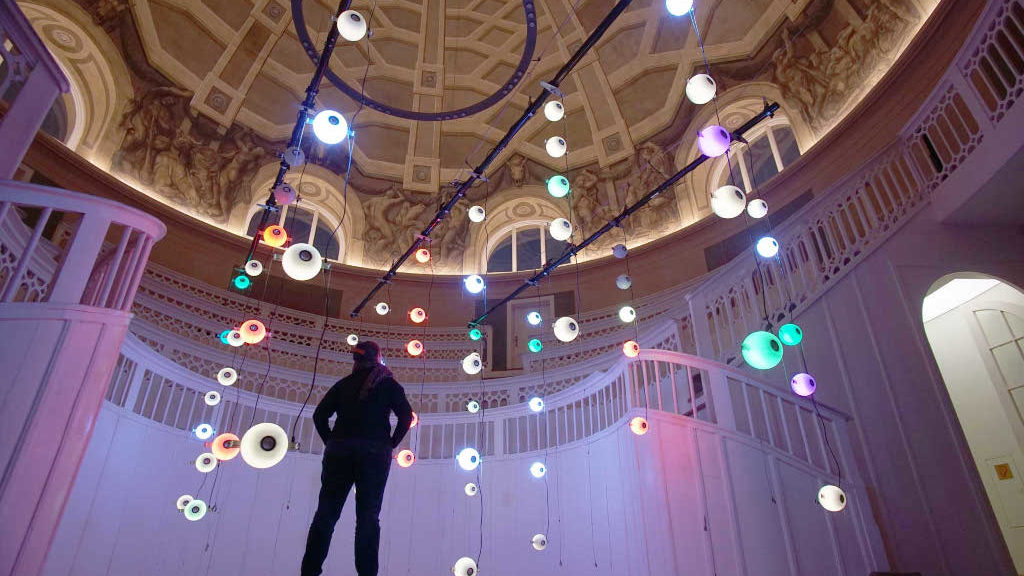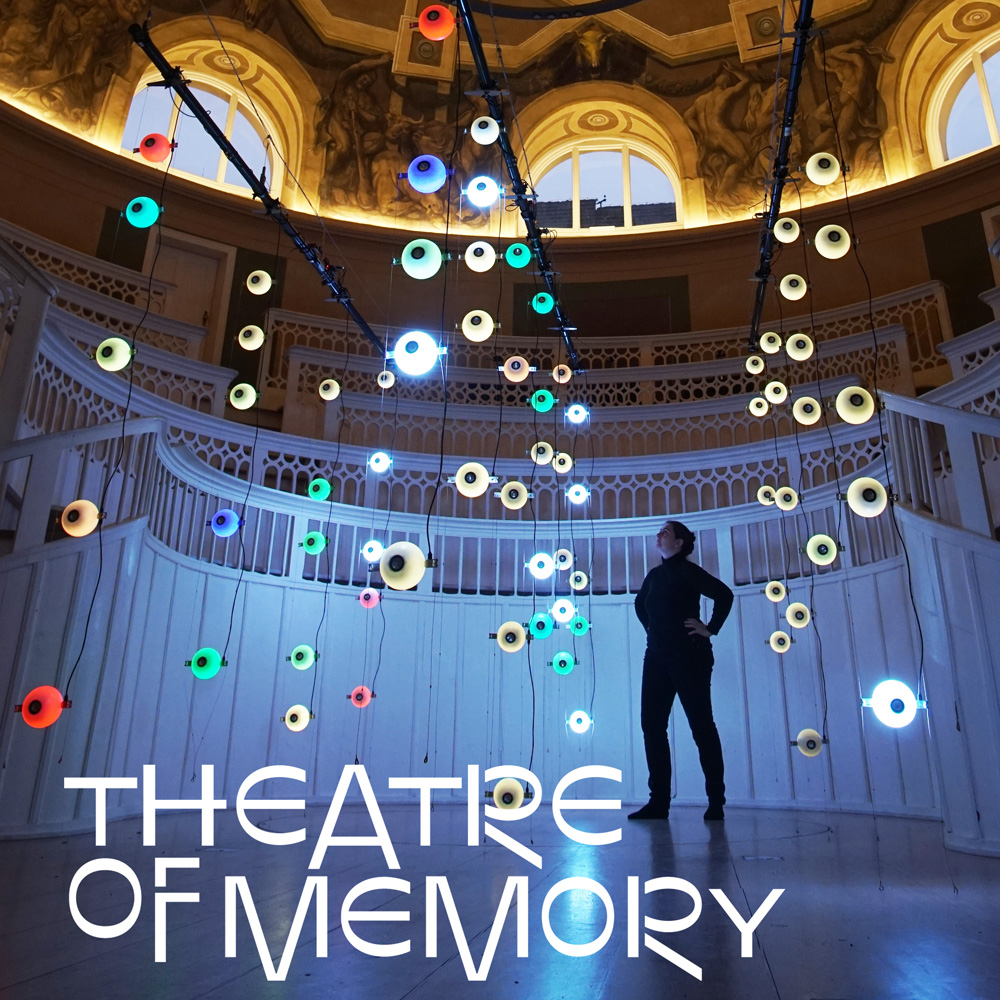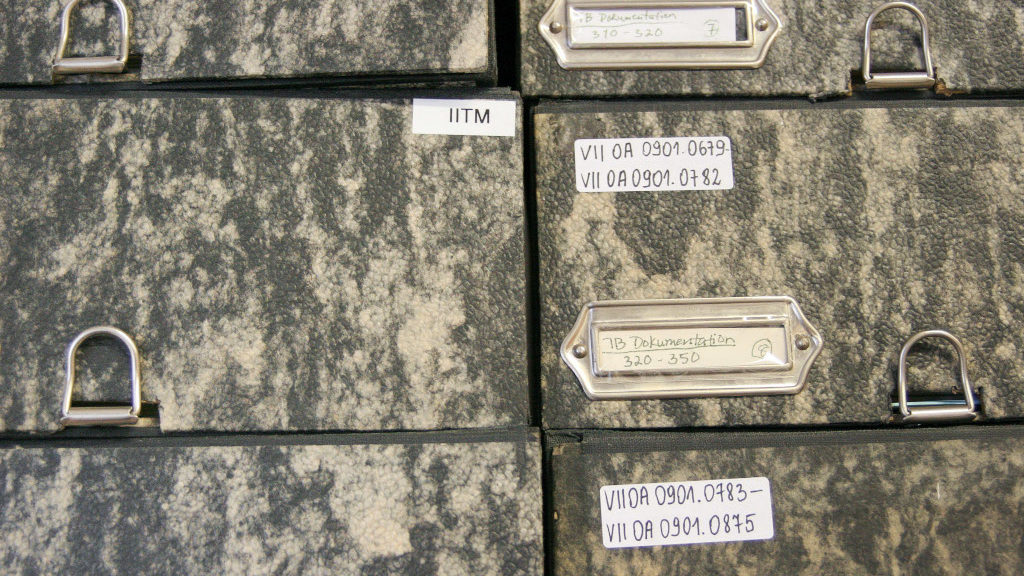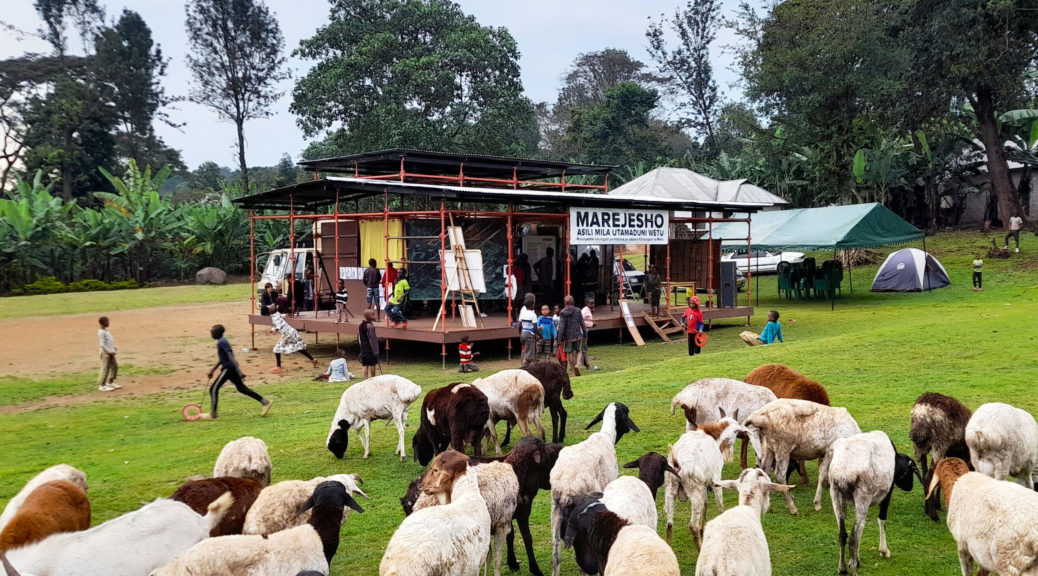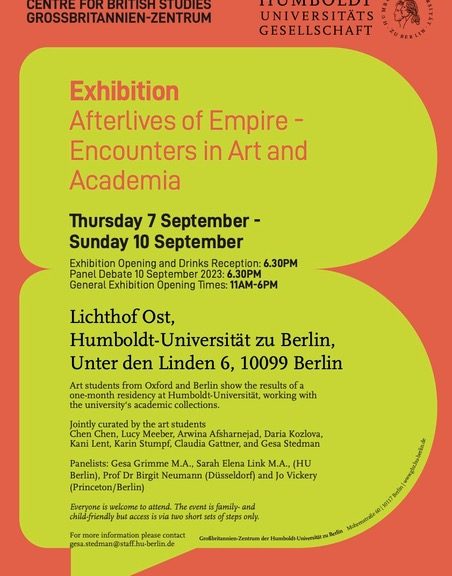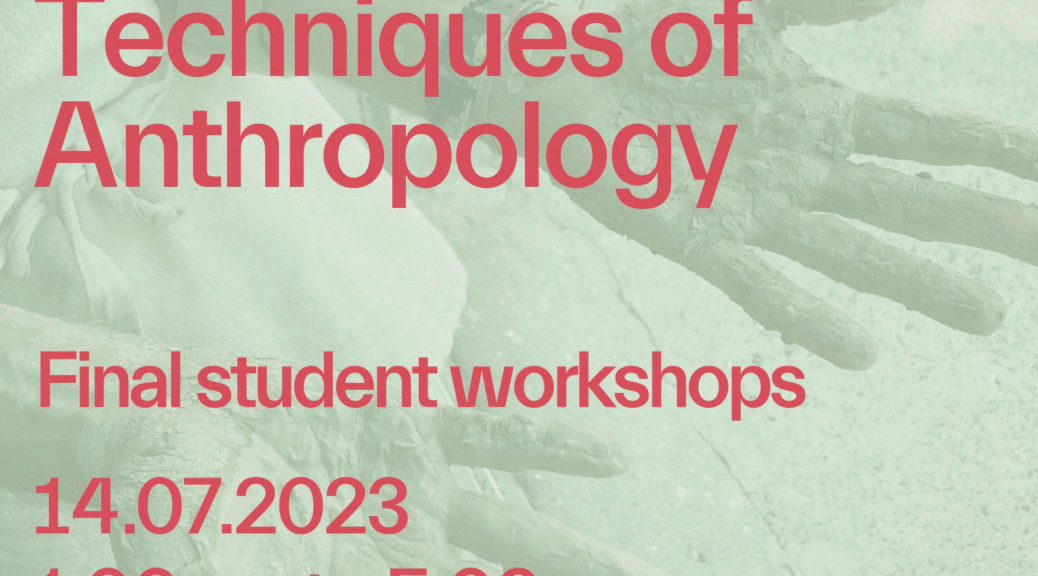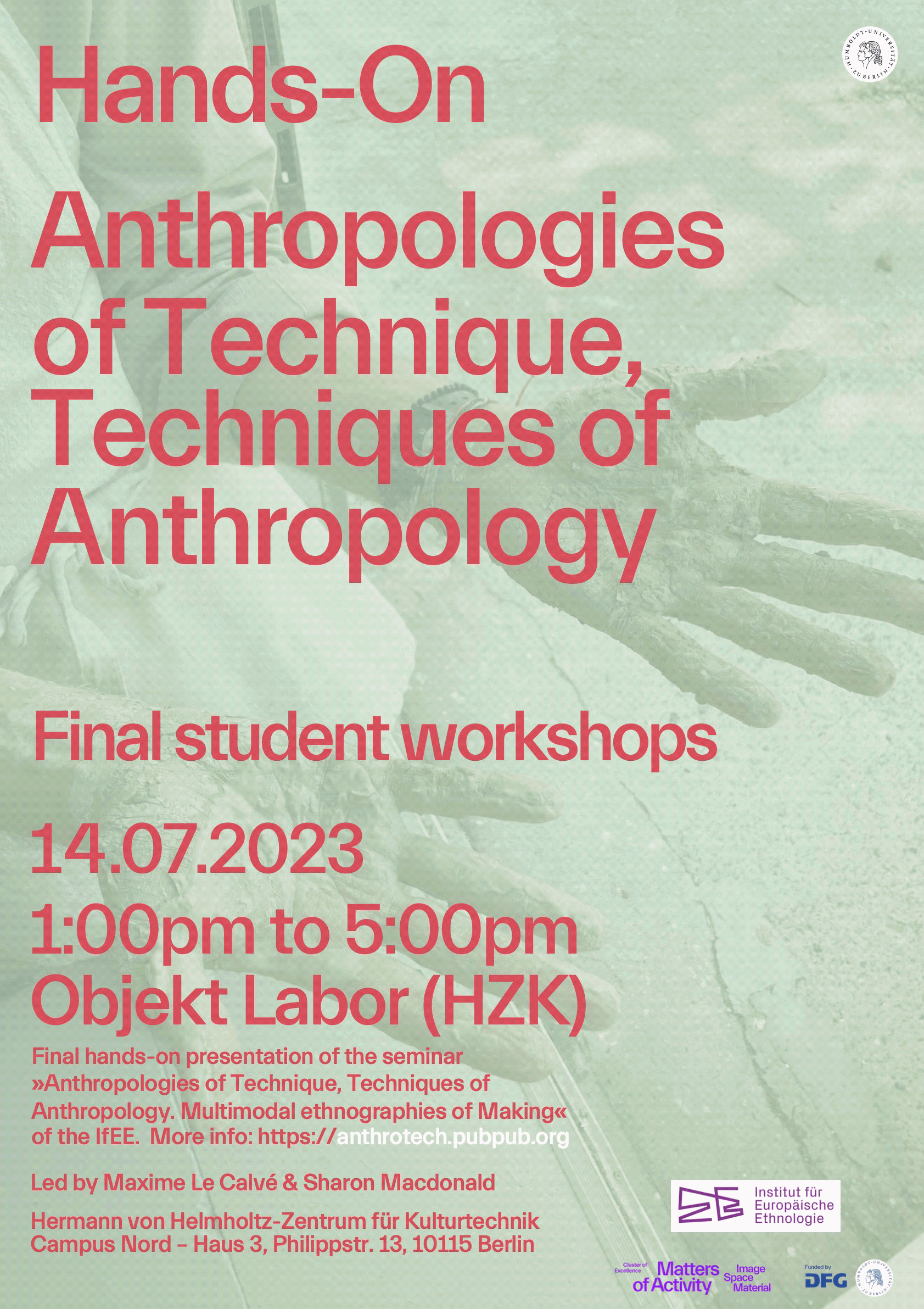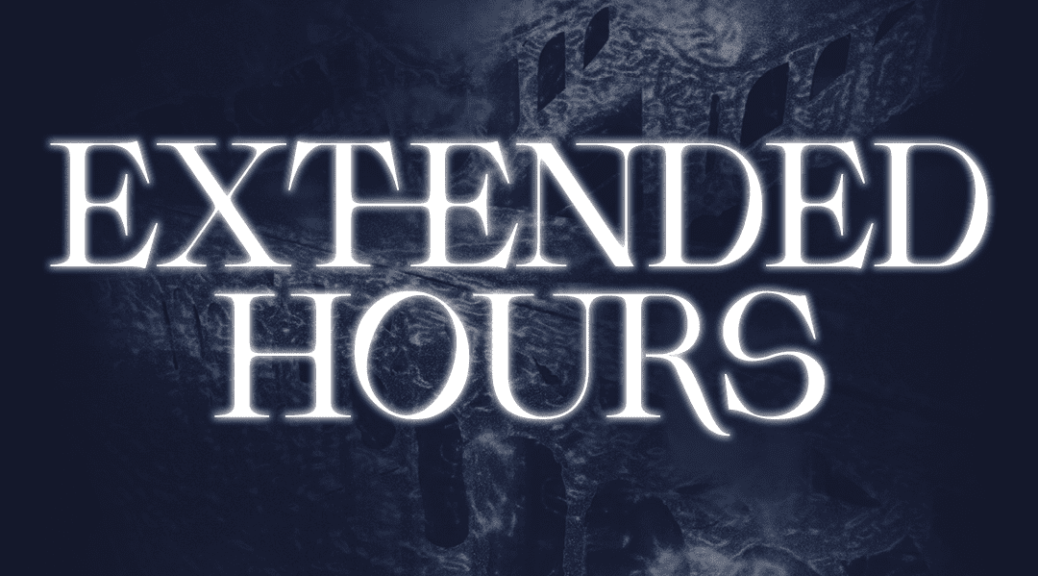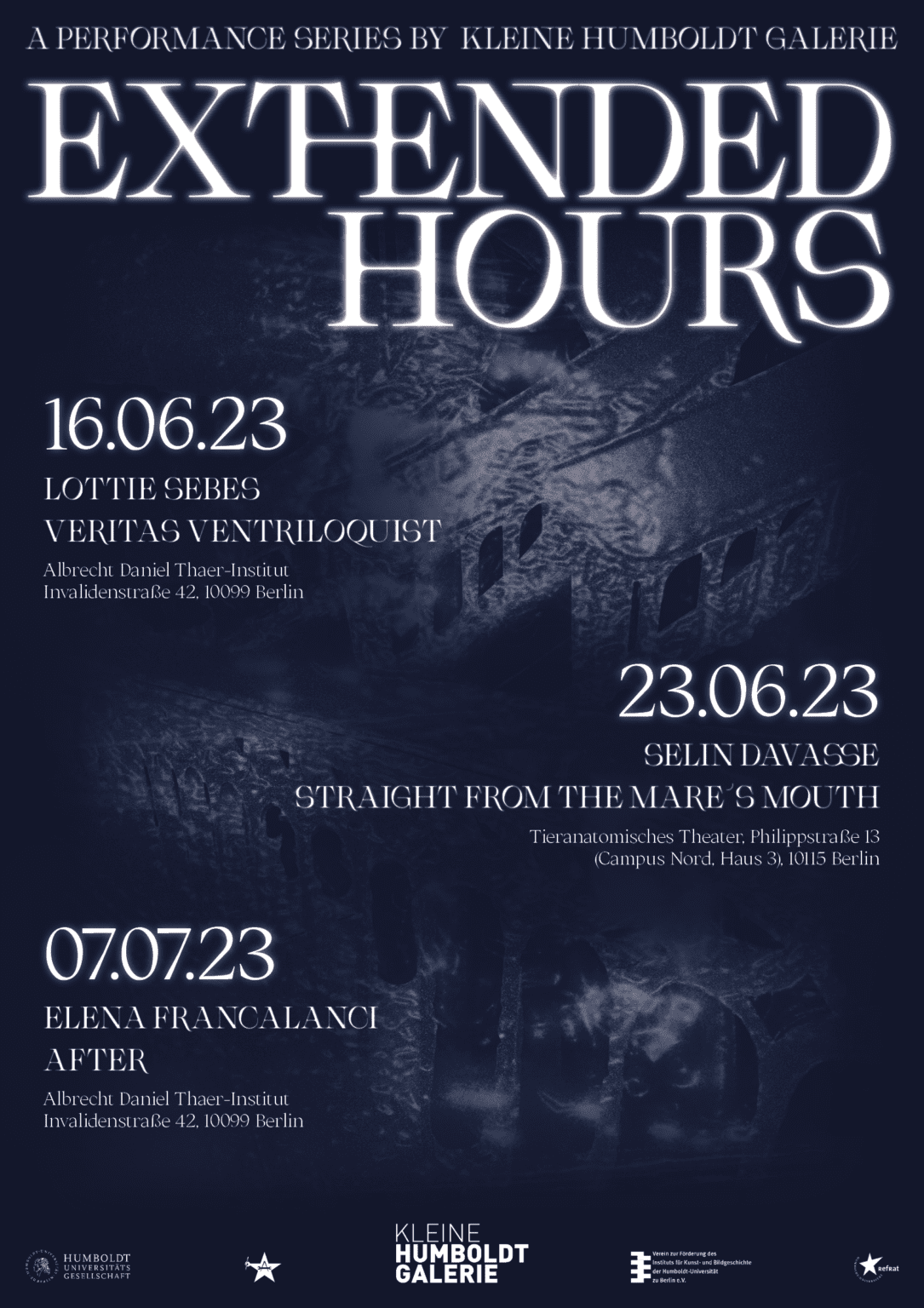Exhibition MAREJESHO
Tieranatomisches Theater, Campus Nord, Philippstraße 13/Haus 3, 10115 Berlin
Opening October 12, 6 p.m.
Exhibition duration: October 13, 2023 – June, 2024
Across Kilimanjaro and Meru in Tanzania, the legacy of resistance against the German colonial rule beats strong in the hearts of descendants. Only many ancestral witnesses and testimonies from that violent time are missing; waiting to be found languishing in German museum depots. In 1900, Colonial Officers publicly hanged leaders of the local communities and shipped dismembered body parts to the Ethnological Museum in Berlin for racist research. This was further compounded by the theft of personal belongings: local symbols of power, weapons, armory and jewellery.
For over 50 years, relatives have been demanding the return of their abducted ancestors. But how to locate them? How to rememorise belongings of cultural heritage that had been far for a century? How to repair from the acts of dismemberment and rupture? What action do the descendants expect from Germany?
In 2022, MAREJESHO (Swahili for return, restitution) travelled to six villages across Kilimanjaro and Meru as a mobile research exhibition. The aim was to exchange multi-sourced knowledge and reduce the gap between German museums and communities. Pictures of misappropriated local cultural heritage and historical photographs were presented and information on collections with ancestral remains was shared. Tanzanian artists accompanied the exhibition with live drawings, filmmakers documented oral histories from the villages. Eventually, as a result of the project, the remains of few missing ancestors in Berlin and New York could be identified.
The Berlin iteration of MAREJESHO at TA T focuses on the questions asked, the knowledge generated and the responses of the communities across Kilimanjaro and Meru. The films and artworks made in Tanzania show the necessity of repatriation and restitution, but also the rich oral histories and the complexity of (post-)colonial relations then and now.
MAREJESHO is a Flinn Works production with Berlin Postkolonial and Old Moshi Cultural Tourism Enterprise in cooperation with bafico and APC in collaboration with Ethnologisches Museum Berlin, Zentralarchiv der Staatlichen Museen zu Berlin, Staatliche Ethnographischen Sammlungen Sachsen, Linden Museum Stuttgart and TA T / Humboldt University in Berlin.
Funded by TURN2 fund of the Kulturstiftung des Bundes. Funded by Beauftragte der Bundesregierung für Kultur und Medien. Further funding by between bridges.
TA T – Website MAREJESHO
